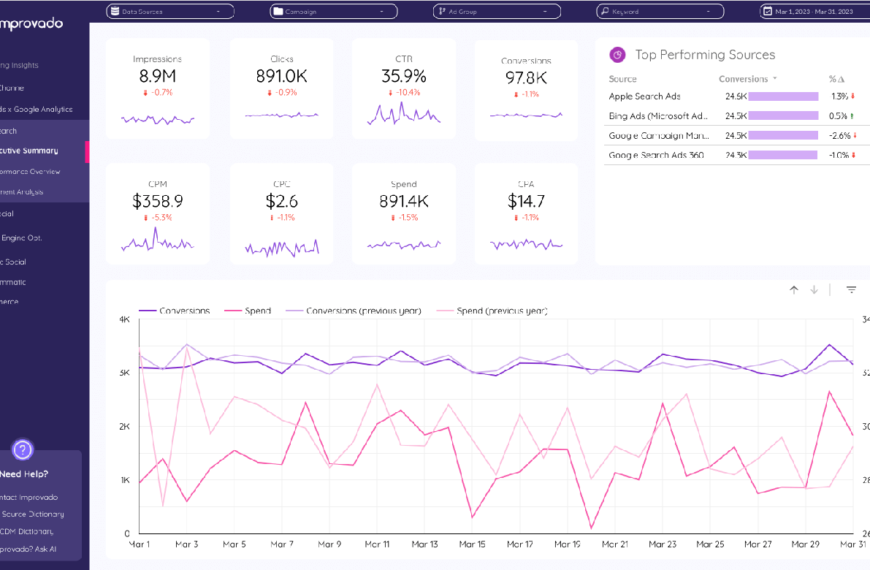Thailand, a country known for its vibrant culture and stunning landscapes, is rapidly transforming into a digital powerhouse in Southeast Asia. As the nation embraces the Fourth Industrial Revolution, it’s essential to explore the new digital technologies that are reshaping various sectors, enhancing connectivity, and fostering innovation. This blog will show you about the new digital technology in Thailand, highlighting key advancements, initiatives, and the overall impact on society.
The Digital Landscape in Thailand
Over the past decade, Thailand has witnessed significant growth in its digital economy. The Thai government has recognized the importance of digital technology in driving economic development and improving the quality of life for its citizens. With initiatives like the Thailand 4.0 policy, the country aims to shift from an agriculture-based economy to one driven by innovation, technology, and creativity.
The digital landscape in Thailand is characterized by increasing internet penetration, a booming e-commerce sector, and a growing number of tech startups. According to the National Broadcasting and Telecommunications Commission (NBTC), Thailand’s internet penetration rate was around 82% in 2022, indicating a strong foundation for the growth of digital technologies.
Key Digital Technologies in Thailand
1. E-Commerce Growth
Thailand’s e-commerce market has seen exponential growth, particularly after the COVID-19 pandemic accelerated online shopping habits. Major platforms like Lazada, Shopee, and JD Central have become household names, offering a wide range of products and services. Additionally, small and medium enterprises (SMEs) are increasingly leveraging e-commerce to reach customers beyond their local markets. The Thai government supports this growth through initiatives aimed at improving digital literacy and providing training for businesses to navigate the online marketplace effectively.
2. Fintech Innovations
The financial technology (fintech) sector in Thailand is thriving, with numerous startups and established companies developing innovative solutions for payments, lending, and investment. Mobile banking applications like TrueMoney and GrabPay have gained popularity, making financial services more accessible to the general population. The Bank of Thailand has also introduced the “PromptPay” system, enabling instant money transfers through a mobile number or citizen ID, streamlining transactions and promoting a cashless society.
3. Smart Cities and IoT
Thailand is making significant strides in developing smart cities, integrating technology into urban planning and management. Initiatives in cities like Bangkok, Chiang Mai, and Phuket focus on improving public services through the Internet of Things (IoT) and smart infrastructure. For instance, smart traffic management systems use real-time data to reduce congestion, while smart energy grids enhance energy efficiency. The government’s Smart City Development Plan aims to create sustainable urban environments that improve the quality of life for residents.
4. Digital Health Technologies
The healthcare sector in Thailand is embracing digital technologies to enhance patient care and improve healthcare delivery. Telemedicine services have become increasingly popular, allowing patients to consult with healthcare professionals remotely. Apps like Doctor Anywhere and A healthcare enable patients to access medical advice, schedule appointments, and even receive prescriptions without leaving their homes. Additionally, electronic health records (EHR) systems are being implemented in hospitals to streamline patient information management and improve treatment outcomes.
5. Artificial Intelligence and Big Data
Artificial Intelligence (AI) and big data analytics are gaining traction across various industries in Thailand. Companies are leveraging these technologies to improve decision-making, optimize operations, and enhance customer experiences. For example, retail businesses are using data analytics to understand consumer behavior and personalize marketing strategies. In agriculture, AI is being employed to monitor crop health and predict yields, enabling farmers to make informed decisions and increase productivity.
6. Blockchain Technology
Blockchain technology is being explored for its potential to enhance transparency and security in various sectors, including finance, supply chain, and public services. In Thailand, the Ministry of Digital Economy and Society is promoting blockchain initiatives to combat fraud and improve the efficiency of government services. For instance, land registration processes are being digitized using blockchain to reduce bureaucracy and increase trust in property transactions.

Government Initiatives and Support
The Thai government plays a crucial role in fostering the growth of digital technologies. The Digital Economy Promotion Agency (DEPA) was established to drive the digital transformation of the country, offering support to startups and entrepreneurs in the tech sector. Additionally, the government has launched the “Digital Thailand” initiative, aiming to improve digital infrastructure, enhance digital literacy, and promote the use of technology in various industries.
Moreover, Thailand has positioned itself as a regional hub for startups and tech innovation through various incubators, accelerators, and co-working spaces. Programs like the Startup Thailand initiative and the Thailand Tech Startup Association encourage collaboration between startups, investors, and the government to create a thriving ecosystem for innovation.
Challenges and Future Prospects
While Thailand is making significant progress in digital technology, challenges remain. The digital divide between urban and rural areas poses a significant barrier to inclusive growth. Ensuring that all citizens have access to digital resources and skills is essential for maximizing the benefits of technology.
Cybersecurity is another concern as the reliance on digital systems increases. Ensuring the protection of sensitive data and maintaining the trust of consumers will be vital as businesses and individuals navigate the digital landscape.
Looking ahead, the future of digital technology in Thailand appears promising. With ongoing investments in infrastructure, a growing number of tech-savvy entrepreneurs, and a supportive regulatory environment, Thailand is well-positioned to emerge as a leader in the digital economy of Southeast Asia.
Conclusion
In conclusion, Thailand is at the forefront of embracing new digital technologies that are transforming its economy and society. From the rapid growth of e-commerce and fintech to the development of smart cities and healthcare innovations, the impact of digital technology is profound. As the country continues to invest in digital infrastructure and initiatives, it is poised for a future filled with opportunities for innovation and growth.
This blog has shown you the dynamic landscape of new digital technology in Thailand, emphasizing the key sectors driving this transformation and the government’s role in fostering a thriving digital economy. As Thailand continues to evolve, it will undoubtedly serve as a model for other nations in the region and beyond, demonstrating the power of technology to drive sustainable development and improve lives.


















